A Minimalist Approach to Personal Finance: How I Overcame My Debt
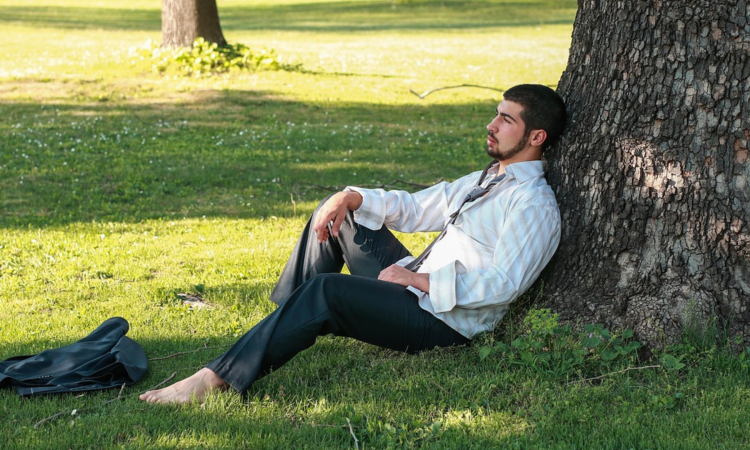
<?xml encoding=”UTF-8″>
A Minimalist Approach to Personal Finance: How I Overcame My Debt
For most of my life, I wasn’t very good with money. I made it, and I spent it. The money came in and out. Since nearly eight out of ten Americans live paycheck to paycheck, I’m guessing that’s something you can relate to as well. After four years of college, I left with a degree in mass communications and $97,000 in student loan debt. Then I bought a brand new car. I told you I wasn’t very good with money.
There was something holding me back from even looking at my personal finances. It had become a joke. I owed money, and the kind of hole I had dug myself into seemed insurmountable. The crazy part? All that debt wasn’t stopping me from spending. After I got the new car, I added a new TV, computer, and even a leather jacket to my running tab. That leather jacket was pretty cool, though. Soon after college, I realized I needed to change—that I couldn’t just pretend I wasn’t in massive trouble. It was one of the most challenging things I’ve ever done in my life, but over the course of four years, I was able to pay off every single student loan, even that car payment. That’s what I want to talk about today: money, our problems with it, and how minimalism helped me.
The Basic Formula for Winning at Personal Finance
There’s a basic formula to win at personal finance, and it’s this: spend less money than you make. In practice, though, it’s not that easy. Money seems to completely slip through our fingers. No matter how much we make, our bank account seems to have a completely different agenda.
One reason we’re bad with money is because it’s such a taboo topic. We can’t even talk about it with coworkers or family members without people feeling judged or downright offended. We can only improve if we start having honest conversations about money. We need to remove our egos and actually try to learn. One of the best ways I’ve found to learn about personal finance is through books. Here are three recommendations: Dave Ramsey’s “Total Money Makeover,” Ramit Sethi’s “I Will Teach You to Be Rich,” and Tony Robbins’ “Unshakeable.” All three of these books offer great, trusted advice that works, and I think you’ll find a lot of value in them.
The Trap of Lifestyle Creep
Don’t fall into the trap of lifestyle creep. Whenever we get a pay raise or start making a little more money, or we land a big project, the first thing we want to do is upgrade our apartment, buy a better car, and increase our lifestyle. We think we’re rewarding ourselves. But if we’re more mindful about our spending and keep our lifestyle in check, not inflating it as our income rises, 5 to 10 years down the road, we’re gonna live more comfortably and have more security. Let’s be honest. We buy a ton of stuff and convince ourselves we deserve it. I mean, I like shopping. Is there anything so wrong with that?
Overcoming Social Pressures
Not all advertising is bad, but a lot of it is driven to make us feel we deserve indulgence. You’ve worked so hard; you deserve this handbag, these sneakers, or this watch. The truth is, what you really deserve is to be debt-free. You deserve not living paycheck to paycheck. We face pressure from social media—keeping up with the Joneses or the Kardashians is a very real thing. If we’re not curating and mindful of our news feeds, it can be very tempting to want to keep up with the things everyone else has. Otherwise, we’ll fear missing out.
Here’s the thing: rich people are rich because they make smart decisions with their money. They don’t go out and lease a brand-new BMW or rent an apartment they can’t afford. The last type of pressure is the one we put on ourselves. There’s this myth of ‘I don’t have,’ something we tell ourselves to justify buying new things. As a filmmaker, you might say, “I really want to make that film, but I don’t have this lens or camera.” Or, “I can’t start my workout routine because I don’t have that pair of sneakers.” But really, this procrastination keeps us from starting our goals and dreams. Buying that extra thing won’t solve everything.
Making Sacrifices
You need to make sacrifices. After graduating college, within three months, I decided to move home with my parents and lived in their basement for two years. I didn’t date much, didn’t spend much, and didn’t go out much because I knew I had to make sacrifices to get to a point where I could start taking risks. You have to be completely clear on why you’re doing this in the first place. Why do you want to be debt-free? Why do you want financial freedom? When we truly understand why we don’t want to live paycheck to paycheck and want to be debt-free, everything else becomes easier.
The Importance of Financial Freedom
Consider having the security and safety to take care of family and friends if they run into trouble. It becomes obvious why this is so important. You’re then able to take more risks, challenge yourself, and push yourself outside of your comfort zone in ways you otherwise wouldn’t be able to. I know for myself, if I wasn’t debt-free, I wouldn’t be where I am today. If I hadn’t taken that first step and realized I had a problem, I wouldn’t have had the domino effect that led me to where I am. It enabled me to take ambitious and risky decisions, like moving across the country or starting a new business. These aren’t easy decisions, and when you have debt, it’s gonna be much more difficult and less likely you’ll succeed.
Building a Healthy Relationship with Money
The strategy couldn’t be simpler: spend less money than you make. But, as you know, we face a lot of pressure to do the exact opposite. If you can outmaneuver these forces, build a healthy relationship with money, and create positive habits that stick, you can become financially free.
So, what strategies, tips, tools, and books have helped you on your personal finance journey? What has helped you chip away and even get out of debt? I’d love to hear your success stories. Opening up the dialogue about money is crucial. We should be encouraging each other and rewarding positive steps in our lives. Don’t feel threatened or discouraged by others’ success stories. See them as potential in yourself. If someone can get out of debt, that means you probably can too.
The Role of Minimalism in Financial Freedom
Embracing minimalism played a crucial role in my journey to financial freedom. By focusing on what truly mattered, I learned to differentiate between needs and wants. Minimalism taught me to appreciate experiences over possessions, which not only improved my financial situation but also enriched my life. It encouraged me to declutter my living space and, metaphorically, my financial life. By cutting down on unnecessary expenses, I was able to allocate more resources to paying down my debt and saving for the future.
Minimalism is not about living with nothing, but rather living with enough—what is essential and meaningful to you. It challenges the societal norm that equates happiness with material possessions and instead emphasizes satisfaction and contentment with less. This shift in mindset was liberating and empowering. It allowed me to focus on my goals, such as becoming debt-free, without being distracted by the noise of consumerism.
In conclusion, overcoming debt requires a combination of strategies, including adopting a minimalist lifestyle, making sacrifices, and being mindful of lifestyle creep and social pressures. By taking control of my finances, I was able to pave a path to financial freedom. I hope my story inspires you to take that first step and embark on your journey towards a debt-free life. Financial freedom is not just a dream—it’s an achievable reality. Thank you for reading!
Recommended Story: Wealth is Not Merely Financial: Living a Rich, Full Life
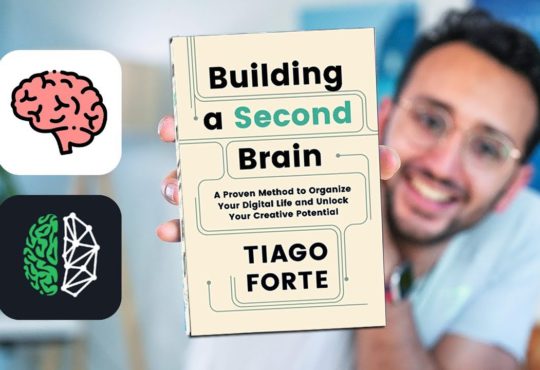

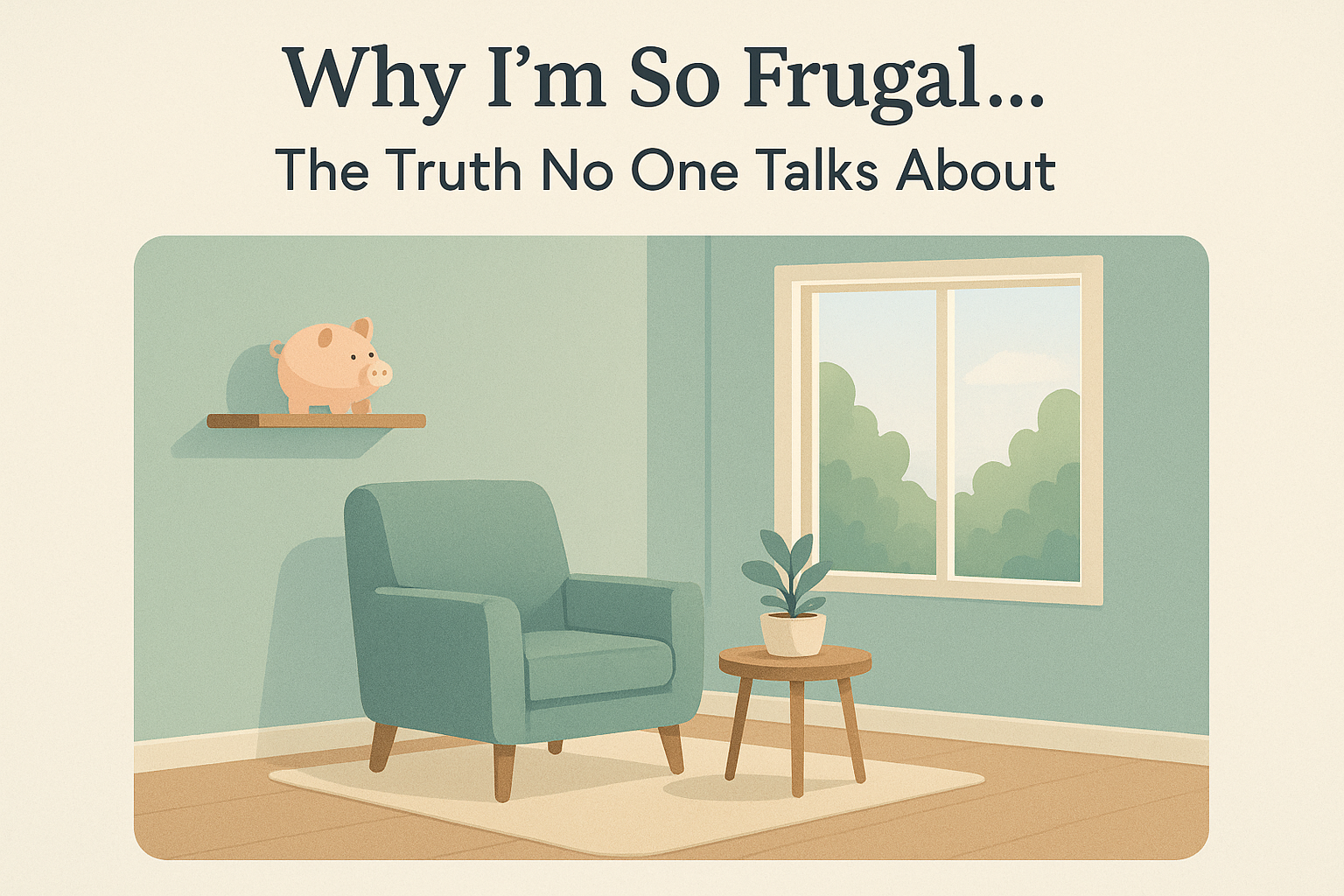



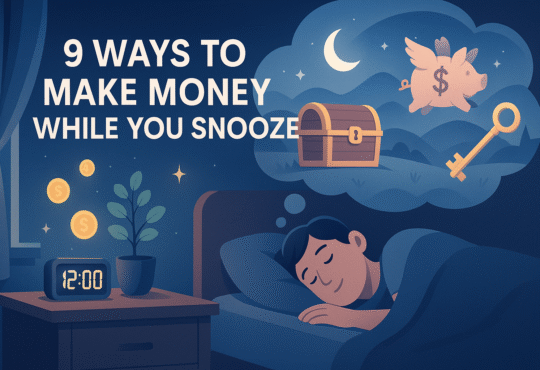

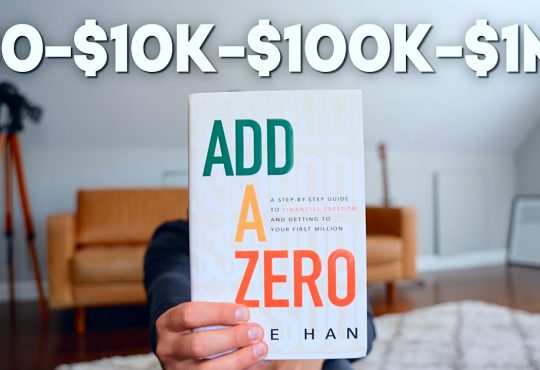
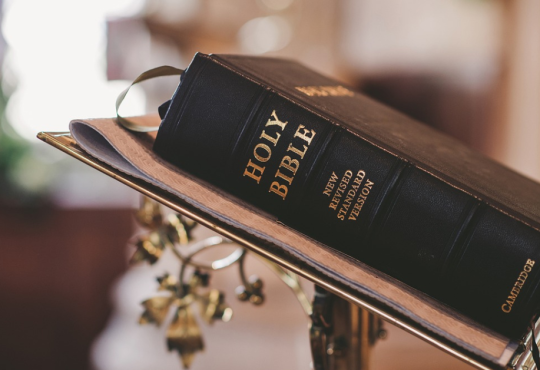
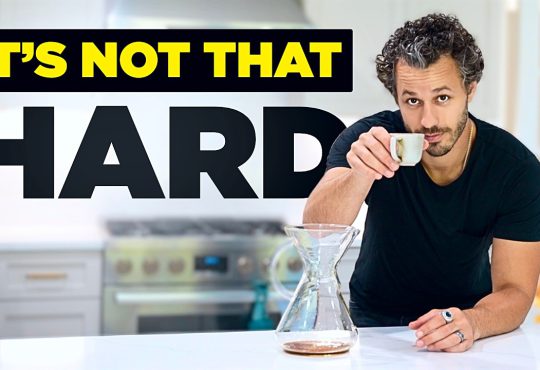




[…] A Minimalist Approach to Personal Finance: How I Overcame My Debt […]